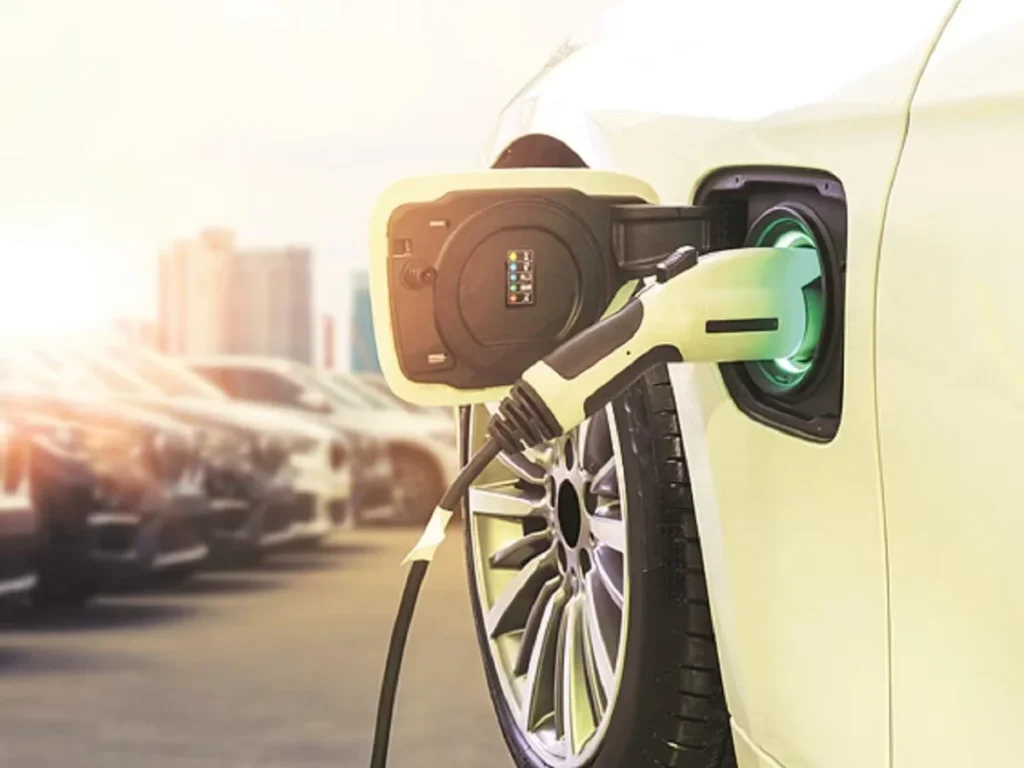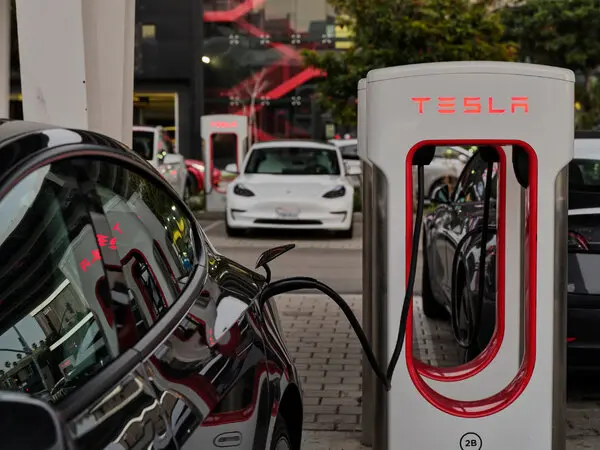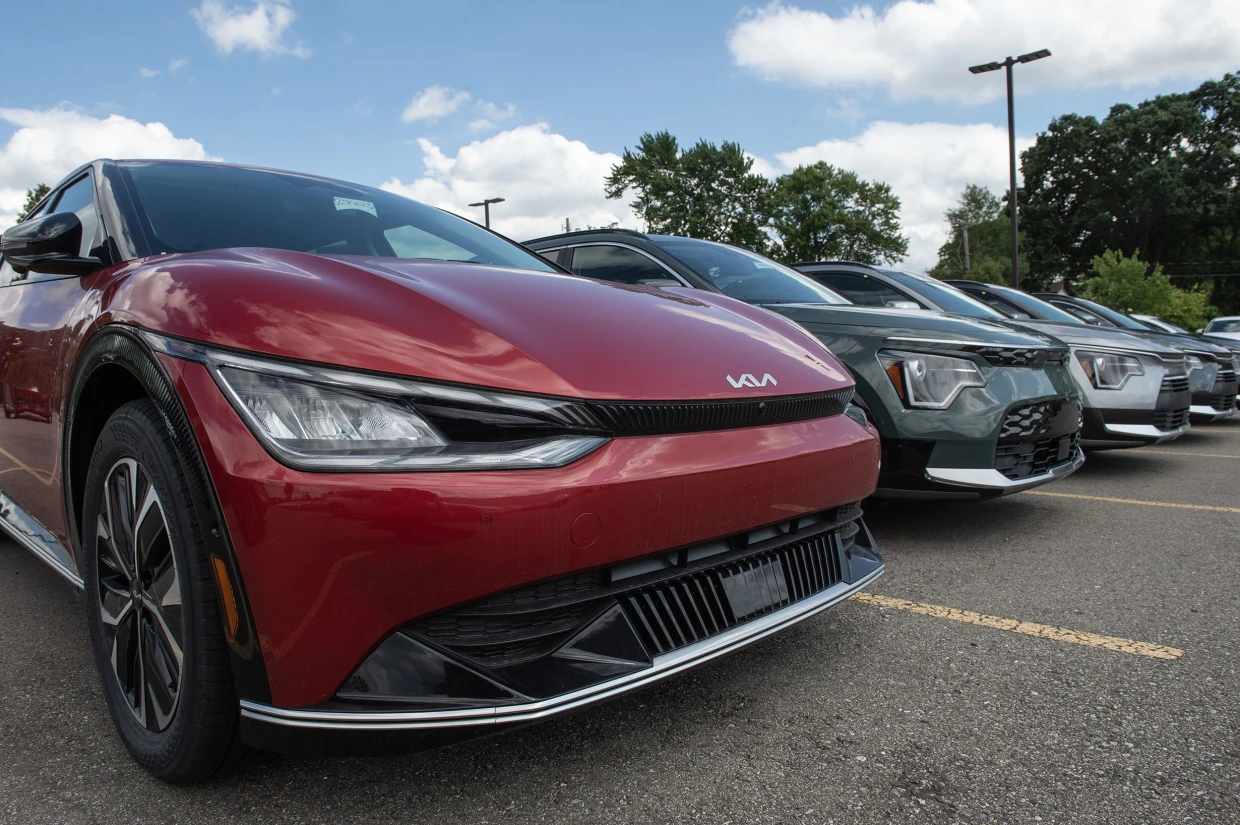September 13, 2024, New York—A recent study by consulting firm EY reveals a significant drop in U.S. consumer interest in electric vehicles (EVs). According to the survey, only 11% of car buyers in the United States plan to purchase an EV in the next two years, a sharp decline from 22% last year. The findings indicate that economic factors, high vehicle prices, and misconceptions about battery replacements are major deterrents for potential EV buyers.
Despite concerns, the electric vehicle market is not in decline, but it is experiencing slower growth, particularly in the U.S. and Europe. The EV industry is facing challenges, and manufacturers such as Ford, General Motors, Volvo, and Toyota have scaled back their EV investments, delayed new model launches, and revised their electrification targets.

The EY Mobility Consumer Index, based on a survey of nearly 20,000 consumers across 28 countries, sheds light on these shifting attitudes. U.S. consumers have shown a marked decrease in intent to purchase EVs, with only 11% of those planning to buy a car in the next 24 months considering an EV. The data also shows a broader drop in interest for vehicles with any type of electrification, including hybrids and plug-in hybrids, falling from 48% to 34%.
Steve Patton, who leads EY America’s Automotive practice, attributes last year’s spike in EV interest to increased investments in EV infrastructure, new model launches, and greater awareness of the technology. However, the economic backdrop has shifted significantly. Car prices are rising, interest rates are high, and inflation is squeezing consumer budgets. These factors are causing hesitation among potential buyers, especially when it comes to adopting new technology like EVs.
Another noteworthy finding from the study is that consumer concerns regarding EVs are evolving. Whereas range limitations and access to public charging stations used to be top concerns, 2024 saw a shift, with the high cost of battery replacement now emerging as the leading worry for U.S. EV owners and potential buyers. EY’s research suggests that these concerns may stem from a lack of consumer education, as battery replacements are rare and not a significant issue for most EV owners. Battery-as-a-service, where the vehicle is owned but the battery is rented, could provide a solution to these fears.

The EY study also shows that hybrids are gaining popularity, with 17% of U.S. car buyers now planning to purchase one, up from 15% in 2023. Hybrids offer a balance between sustainability and affordability, allowing consumers to benefit from electric technology without the additional costs and challenges of fully electric vehicles.
On the other hand, plug-in hybrids (PHEVs) have seen a decrease in interest, with consideration dropping to 5%, down from 12% last year. Similar to EVs, PHEVs face challenges with infrastructure, as they are best suited for consumers who can charge at home.
Patton believes that while hybrids are a transitional technology, they may stick around longer than initially expected, given the current demand trajectory for fully electric vehicles.

